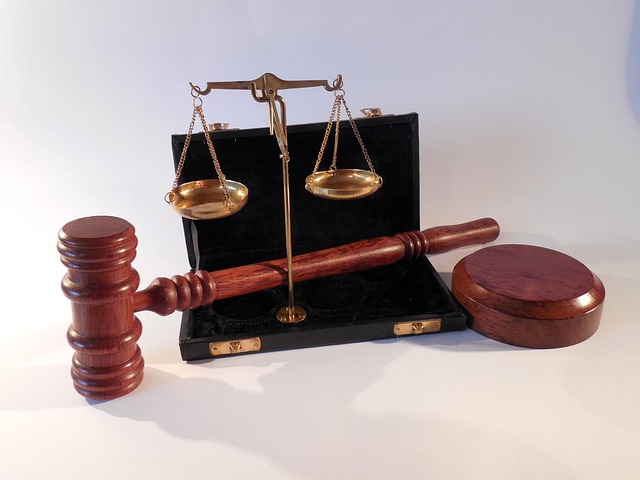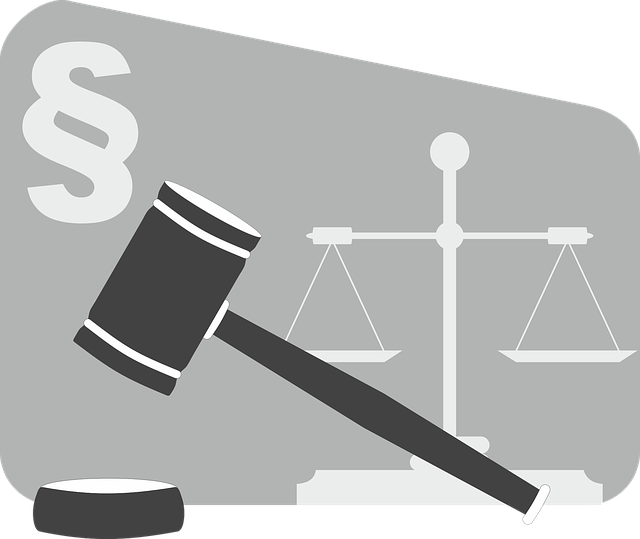Understanding Regulatory Law is crucial for navigating Criminal Justice, influencing outcomes from investigation to sentencing across jurisdictions. The Litigation Stages govern evidence collection, case presentation, and strategic decision-making. Skilled lawyers ensure fairness by applying regulatory law to fact-finding, witness interviews, and arguments. Sentencing balances justice and accountability through nuanced consideration of case and offender factors. Post-trial proceedings, like appeals, uphold fairness, challenge verdicts, and refine legal practices based on constitutional violations and misconduct. Mastering Understanding Regulatory Law Litigation Stages is key to achieving just outcomes in complex criminal cases.
Delve into the intricate world of Criminal Law Enforcement, where understanding regulatory law serves as the cornerstone for administering justice. From the initial stages of investigation and litigation to trial, sentencing, and post-trial proceedings, each step is crucial in navigating complex legal frameworks. This article explores the key components of criminal justice, including initiating litigation, unraveling facts, balancing accountability with justice through sentencing, and the legacy left by post-trial appeals. By understanding these regulatory law litigation stages, we gain insights into the fundamental principles shaping our criminal justice system.
- Regulatory Law: The Framework for Criminal Justice
- Initiating the Litigation Process: From Investigation to Filing
- The Trial Stage: Unraveling Facts and Applying Laws
- Sentencing and Its Components: Balancing Justice with Accountability
- Post-Trial Proceedings: Appeals, Collateral Review, and Legacy
Regulatory Law: The Framework for Criminal Justice

Understanding Regulatory Law is paramount in navigating Criminal Justice. This framework governs every stage of the investigative and enforcement process, ensuring a structured approach to justice. From initial reporting to prosecution and sentencing, regulatory law provides clear guidelines that protect individual rights while maintaining public safety. The Litigation Stages, specifically, are a critical aspect where legal principles and evidentiary rules come into play, shaping the outcome of criminal cases across the country.
Regulatory Law’s impact is seen in its ability to foster an unprecedented track record of successful prosecutions, with consistent application of laws ensuring fairness and consistency across different jurisdictions. This uniformity is crucial for maintaining public trust in the justice system, as it demonstrates a commitment to treating every citizen equitably, regardless of their background or location.
Initiating the Litigation Process: From Investigation to Filing

The journey of criminal law enforcement begins with a meticulous investigation, where law enforcement officers gather evidence and build a case. This crucial stage involves sifting through facts, interviewing witnesses, and collecting physical proof to establish a strong foundation for potential litigation. Once sufficient evidence is gathered, the next step is initiating the litigation process—from filing charges to presenting the case in court. Understanding Regulatory Law Litigation Stages is essential here as it dictates the course of action for both prosecution and general criminal defense.
This procedural journey encompasses all stages of the investigative and enforcement process, from initial dispatch to winning challenging defense verdicts. Each phase demands strategic precision, ensuring that rights are upheld and justice serves as the guiding light in the complex landscape of criminal law.
The Trial Stage: Unraveling Facts and Applying Laws

The Trial Stage is a pivotal moment in Criminal Law Enforcement where the prosecution and defense teams present their cases before a judge or jury. This intricate process involves meticulous fact-finding and the application of relevant laws to determine guilt or innocence. During this phase, both sides offer evidence, witness testimonies, and legal arguments, aiming to build compelling narratives that sway decision-makers. Understanding Regulatory Law is crucial here as it ensures the fair administration of justice, allowing for a balanced assessment of facts within the framework of existing statutes.
The ultimate goal is to secure just verdicts, whether acquittals or convictions, for corporate and individual clients facing charges, especially in complex cases like white-collar defense. Skilled lawyers play a pivotal role in navigating this stage by strategically questioning witnesses, challenging evidence, and presenting alternative interpretations that could lead to winning challenging defense verdicts.
Sentencing and Its Components: Balancing Justice with Accountability

Sentencing plays a pivotal role in the criminal justice system, aiming to balance the pursuit of justice with the principle of accountability. It’s more than just imposing a fine or prison term; it involves a careful consideration of various factors unique to each case and offender. The process typically encompasses multiple stages, reflecting the complexity of both regulatory law and the crime committed. Understanding these stages is crucial for achieving extraordinary results in high-stakes cases.
The sentencing phase follows the successful conclusion of litigation, which includes all stages of the investigative and enforcement process. It requires a nuanced approach, factoring in elements such as the severity of the offense, the offender’s previous criminal record, their potential for rehabilitation, and any mitigating or aggravating circumstances. This balanced assessment is essential to ensure that justice is not only served but also that offenders are given a fair chance at reform while society remains protected.
Post-Trial Proceedings: Appeals, Collateral Review, and Legacy

Post-trial proceedings play a pivotal role in shaping the legacy of criminal law enforcement, offering avenues for review and understanding that extend far beyond the initial trial stage. Appeals and collateral reviews are essential components of this process, allowing for a closer examination of legal decisions and their impact on both corporate and individual clients accused of white-collar and economic crimes. These stages provide an opportunity to challenge or affirm verdicts, ensuring fairness and justice within the regulatory law litigation process.
Through appeals, legal teams can present new evidence, argue procedural errors, or contest interpretations of laws, aiming for a winning challenging defense verdict. Collateral review, on the other hand, allows for a broader examination of the case, delving into potential constitutional violations, ineffective assistance of counsel, or prosecutorial misconduct. These proceedings contribute to the ongoing dialogue and evolution of criminal law, shaping best practices and fostering public trust in the legal system.
Understanding the intricate dynamics of criminal law enforcement is paramount for ensuring a fair and just society. From the foundational regulatory framework that guides every step, to the complex litigation process, trials, sentencing, and post-trial proceedings, each component plays a vital role in administering justice. By grasping these key stages—from investigation to appeals—individuals can navigate the system more informedly, fostering accountability while upholding the principles upon which our legal system is built.






